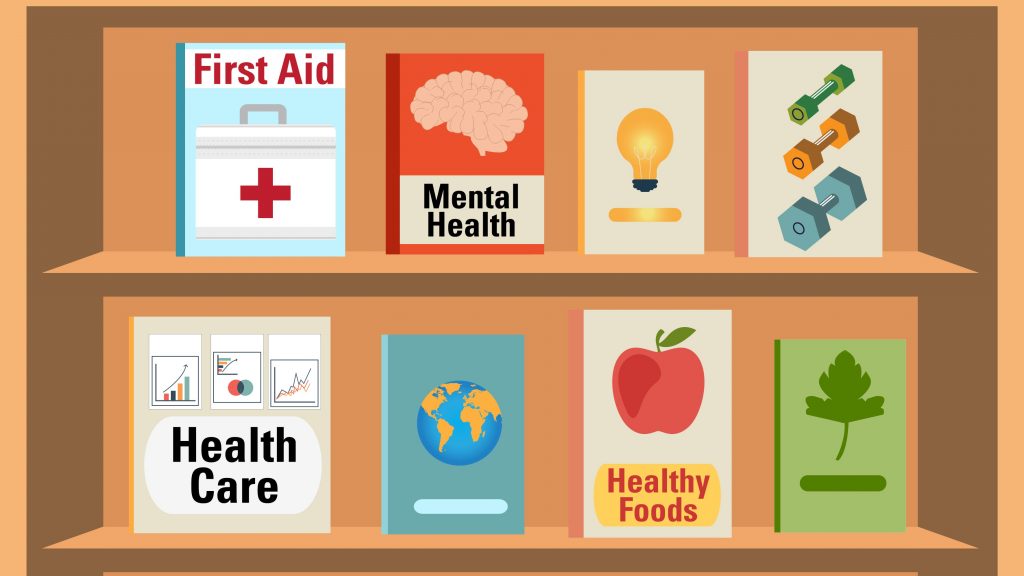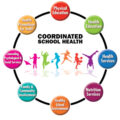Health education is any combination of learning experiences designed to help individuals and communities improve their health, by increasing their knowledge or influencing their attitudes. It is one strategy for implementing health promotion and disease prevention programs. Health education provides learning experiences on health topics. Health education strategies are tailored for their target population. Health education presents information to target populations on particular health topics, including the health benefits/threats they face, and provides tools to build capacity and support behavior change in an appropriate setting. Components include social health, emotional health, physical activity, illness prevention, goal-setting, and personal values.
Characteristics Of Health Education Strategies
- Participation of the target population.
- Completion of a community needs assessment to identify community capacity, resources, priorities, and needs.
- Planned learning activities that increase participants’ knowledge and skills.
- Implementation of programs with integrated, well-planned curricula and materials that take place in a setting convenient for participants.
- Presentation of information with audiovisual and computer based supports such as slides and projectors, videos, books, CDs, posters, pictures, websites, or software programs.
- Ensuring proficiency of program staff, through training, to maintain fidelity to the program model.
5 Major Importance Of Health Education
- Health education builds knowledge, skills, and positive attitudes about health.
Health education encourages people to learn new skills they will use to make healthy choices throughout their lifetime. Resulting in positive changes in behavior and attitudes that are critical in risk reduction especially among young people, students and vulnerable population. Sexuality education, as a part of health education, is vital for young people’s development, learning, and overall well-being. Learning in this area also contributes to academic success and positive mental, emotional, physical, and spiritual health. READ Components of primary health care in Nigeria
2. Health education teaches about physical, mental, emotional and social health.
In an era where illicit drugs is wrecking havoc on mental health and families, effective drug education is important because young people are faced with many influences to use both licit and illicit drugs. Education can play a counterbalancing role in shaping a normative culture of safety, moderation, and informed decision making. Education about substance abuse is an important part of helping individuals understand the many aspects of this topic. This information can include factual data about what substance abuse is; warning signs of addiction; information about how alcohol and specific drugs affect the mind and body; the consequences that addiction can have on one’s physical and mental health, family, relationships, and other areas of functioning; and how and why substances are abused.
3. It motivates people to improve and maintain their health
The importance of health education impacts many areas of wellness within a community, including: chronic disease awareness and prevention, maternal and infant health promotion, tobacco use and substance abuse prevention, injury and violence prevention, mental and behavioral health promotion, nutrition, exercise and obesity prevention and the reduction of risky behaviors. Health education can also lead to more accurate health beliefs and knowledge, and thus to better lifestyle choices, but also to better skills and greater self-advocacy. Education improves skills such as literacy, develops effective habits, and may improve cognitive ability.
4. Health education has a positive impact on finances and the economy
Health education can also boost a community’s economy by reducing healthcare spending and lost productivity due to preventable illness. Obesity and tobacco use, for example, cost the United States billions of dollars each year in healthcare costs and lost productivity. According to the American Public Health Association (APHA), the annual loss in economic productivity due to obesity and related issues is expected to total as much as $580 billion by 2030. The total economic cost of tobacco use costs the United States more than $300 billion each year, including $156 billion in lost productivity, according to the CDC. According to the CDC, states with strong tobacco control programs see a $55 return on every $1 investment, mostly from avoiding costs to treat smoking-related illness. The national cost of offering the National Diabetes Prevention Program is about $500 per participant, significantly lower than the $7,900 spent on diabetes care per Type 2 diabetes patient each year. Programs designed to help community members combat these expensive health issues not only boost individuals’ health, but also provide a strong return on investment for communities.
5. Health education Improves learning and cognition
Education impacts on health in two ways; firstly through teaching that enables children to learn specifically about health (often known as skills-based health education) and secondly through the educational process as a whole which provides skills such as critical thinking and making choices that enable children to opt for healthy lifestyles. The impact of the latter is seen particularly in the overall impact of education on the spread of HIV/AIDS. Health Education in school and other learning opportunities outside the classroom build skills and foster traits that are important throughout life such as hygiene, conscientiousness, perseverance, a sense of personal control, flexibility, the capacity for negotiation, and the ability to form relationships and establish social networks. These skills can help with a variety of life’s challenges from work to family life and with managing one’s health and navigating the health care system. Importance of first aid





